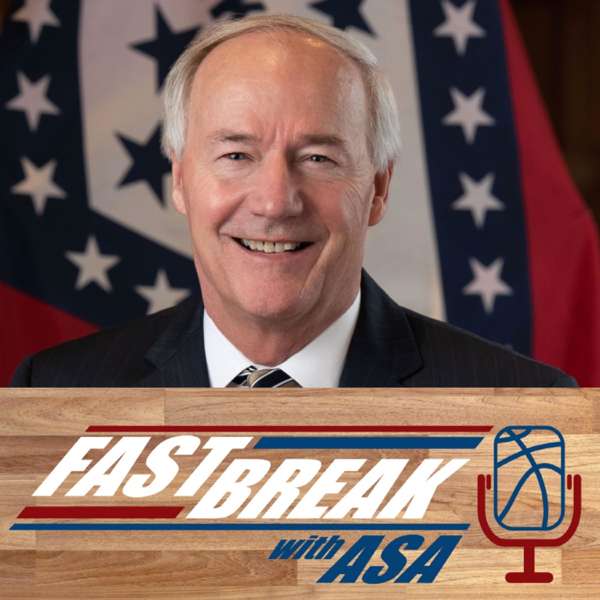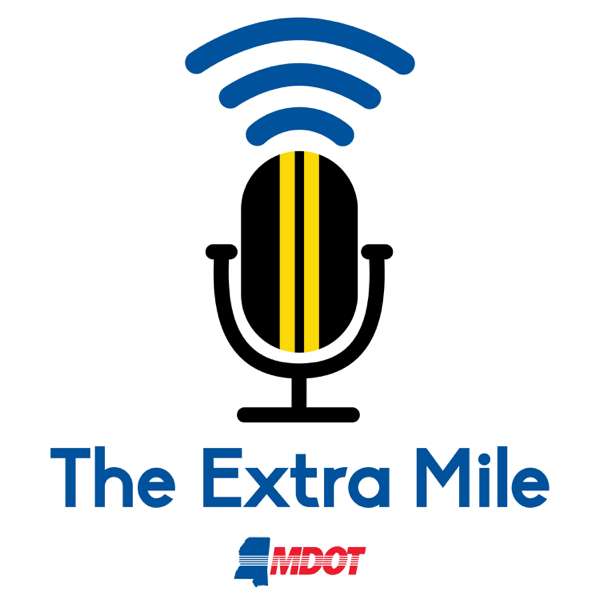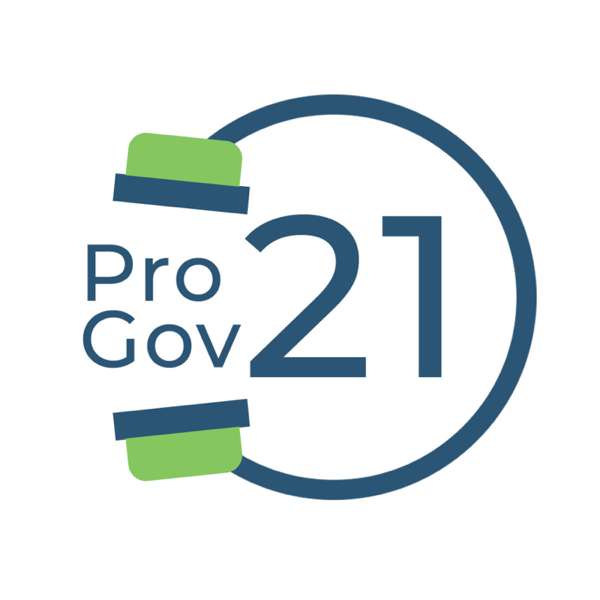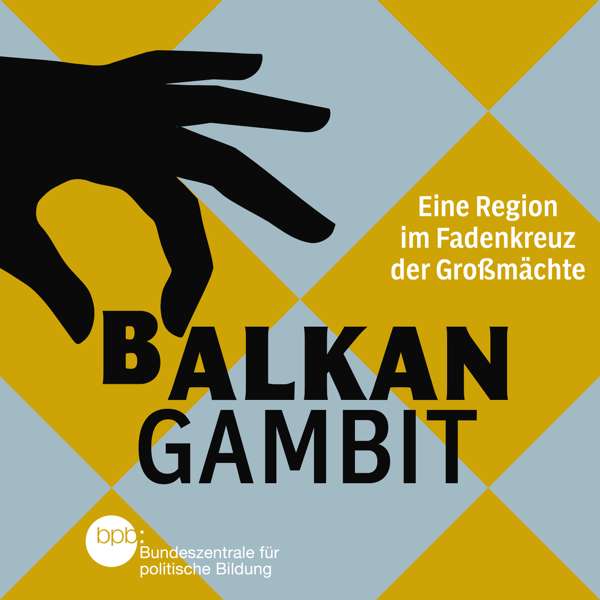In this episode of the podcast, civil engineer and transportation researcher Veronica O. Davis talks about her new book, “Inclusive Transportation: A Manifesto for Repairing Divided Communities,” how choices made in the 1950s and '60s have left neighbors effectively cut off from public transportation, and what it means for cities to give their citizens the right to connection.
Davis, a city planner based in Houston, says American have an unhealthy love affair with cars – but this dependency is destroying American urban life.It begins with advertising, she says, but there's a bigger problem.
“We have set up our cities in a way that you need a car,” she says. “It's one of those self-fulfilling prophecies, as well. So even if someone wants to opt to be car-lite or car-free, we don't make it easy for them.” In part, Davis argues, that's linked to a long history of racism in city planning that is shackling our cities environmentally and economically. For more, read more in our excerpt from “Inclusive Transportation.”
We're also joined by Next City's managing editor Aysha Khan, who's got some experience with car-free living in addition to covering the growing movement for pedestrianized public spaces. The problem, she says, is less with cars and car ownership and more with the “overwhelming” assumption in American urban planning that cars are and will always be the primary mode of transportation.“
Anything other than car travel is less than and isn't a priority to enable, let alone support and promote,” Khan says. “We see cars prioritized in transportation spending, in maintenance, in other sorts of infrastructure investment – rather than public transportation solutions, even walking, biking, rolling by other means.”
While all of these solutions are more efficient and go a long way to help cities achieve public health, economic equity and climate change mitigation goals, they are neglected in favor of entrenching car-centric development and culture, she argues. That's slowly beginning to change with the adoption of open streets, car-free streets and pedestrian-friendly public spaces, a movement accelerated by the pandemic.
To learn more about how cities can develop equitable transportation systems and repair the harm done through decades of racist and car-centric planning, listen to this episode and subscribe to Next City.

 Our TOPPODCAST Picks
Our TOPPODCAST Picks  Stay Connected
Stay Connected







